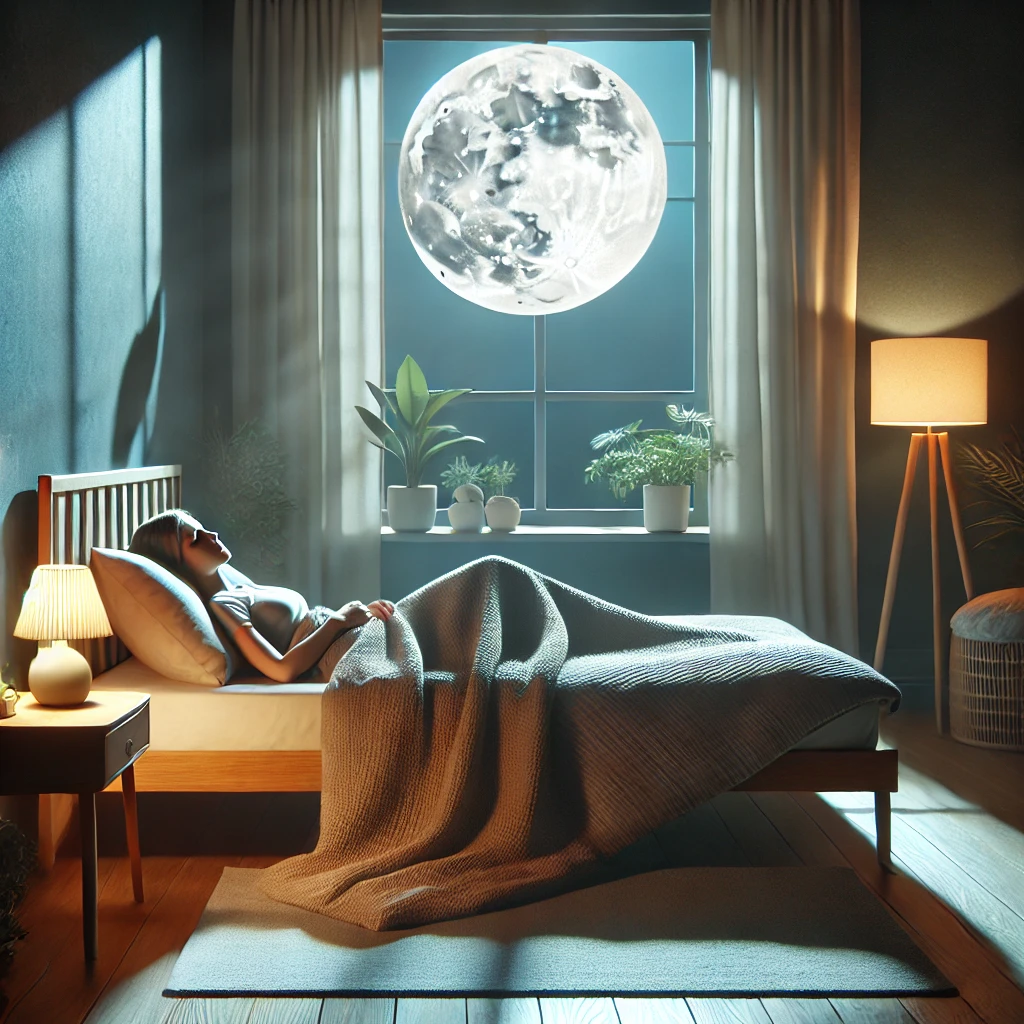How ADHD Affects Your Sleep And Solutions to Get Better Rest
ADHD Sleep Habits: Daily Tips for Better Rest
Introduction: Why Sleep is a Challenge for Adults with ADHD
For adults with ADHD, sleep can be one of the hardest routines to manage. Symptoms like hyperactivity, racing thoughts, and time-blindness often disrupt natural sleep cycles, making it difficult to unwind at night. If you’re struggling with restlessness and daytime fatigue, adjusting your daily ADHD sleep habits can make a significant difference. Here’s a guide to simple, ADHD-friendly changes you can implement throughout the day to set yourself up for better rest.
Morning ADHD Sleep Habits to Set Up a Restful Night
- Start with Sunlight Exposure
- Getting sunlight within an hour of waking helps regulate your internal clock, signaling your brain that it’s time to be alert. This routine supports healthy ADHD sleep habits by making it easier to wind down later. Spend 10–15 minutes outside or near a window first thing in the morning.
- Stick to a Consistent Wake-Up Time
- Waking up at the same time every day—even on weekends—stabilizes your circadian rhythm. This consistency reinforces a healthy sleep-wake cycle and makes it easier to establish effective ADHD sleep habits.
- Get Moving Early in the Day
- Physical activity improves sleep quality, but late-night exercise can be too stimulating for ADHD brains. Morning or early afternoon workouts boost energy during the day and promote restfulness at night.
Afternoon Habits That Help Wind Down the Evening
- Limit Caffeine After Lunch
- ADHD brains are often sensitive to stimulants, and caffeine can interfere with sleep if consumed too late. Switching to decaffeinated options in the afternoon can support healthier ADHD sleep habits and prevent overstimulation at night.
- Create a To-Do List to Reduce Mental Clutter
- Many ADHD adults feel restless at night due to unfinished tasks. Writing a quick to-do list in the afternoon can help you organize priorities and reduce bedtime anxiety. This simple habit can improve ADHD sleep by preventing racing thoughts at night.
- Limit Late-Day Naps
- While naps can be helpful, long or late-day naps may disrupt your ADHD sleep habits. If you need a nap, try to keep it under 30 minutes and avoid napping after 3 PM.
Evening Routine Tips to Calm an ADHD Mind
- Gradually Dim Lights in the Evening
- Bright light exposure in the evening can signal your brain to stay alert. Dim lights about an hour before bed to let your body know it’s time to wind down. This is a core ADHD sleep habit that helps prepare you for restful sleep.
- Set Up a Relaxing Pre-Bed Ritual
- A consistent pre-sleep routine helps your mind associate certain activities with winding down. For example, gentle stretching, listening to music, or reading a book can become part of a personalized ADHD sleep routine.
- Reduce Screen Time Before Bed
- Screen exposure can reduce melatonin production, a hormone essential for sleep. Aim to turn off devices at least 30 minutes before bed. For better ADHD sleep, consider listening to an audiobook instead of scrolling through your phone.
Managing ADHD Traits That Disrupt Sleep
- Use Timers for Hyperfocus and Time Blindness
- Hyperfocus and time-blindness often make it hard to track time in the evening. Use timers or alarms to remind you when it’s time to start winding down. This ADHD sleep habit can help ensure you don’t lose track of time at night.
- Combat Revenge Bedtime Procrastination
- Staying up late to reclaim personal time, known as revenge bedtime procrastination, is common in ADHD adults. Try to build small “me-time” breaks into your day, reducing the urge to stay up late and creating better ADHD sleep habits.
- Journaling to Calm Racing Thoughts
- If racing thoughts keep you awake, try a quick journaling session before bed. Jotting down what’s on your mind can clear mental clutter and help you establish ADHD sleep habits that encourage restful sleep.
Troubleshooting Common ADHD Sleep Obstacles
- Evening Restlessness
- A grounding technique like progressive muscle relaxation—tensing and releasing each muscle group—can help ADHD adults calm restlessness and settle into sleep.
- Difficulty Falling Asleep
- Consider natural sleep aids like melatonin, but consult your doctor first, especially if you’re on ADHD medication. This can be helpful for ADHD sleep habits, particularly if you struggle with delayed sleep patterns.
- Frequent Waking
- Waking up frequently can result from an overactive mind or environmental disturbances. Use blackout curtains, a white noise machine, or earplugs to support a calm sleep environment.
Final Tips for Long-Term Success with ADHD Sleep Habits
Building a successful sleep routine with ADHD takes time, so start small. Implement one or two ADHD sleep habits, like dimming lights before bed or setting a consistent wake-up time. Tracking your progress with a sleep diary can help you identify what works best. With patience and practice, you can improve both your sleep quality and daily focus.
FAQs
Q: How can I avoid screen time before bed if I rely on my phone or TV to relax?
A: Try listening to calming podcasts, audiobooks, or white noise as alternatives to screen-based activities.
Q: Does exercise help improve sleep for ADHD adults?
A: Yes, regular physical activity can improve sleep quality. Avoid intense exercise late in the evening, as it may be too stimulating.
Q: What if I’m doing everything right and still can’t sleep well?
A: Persistent sleep issues may require professional support. Consider consulting a sleep specialist familiar with ADHD to assess underlying sleep problems.



